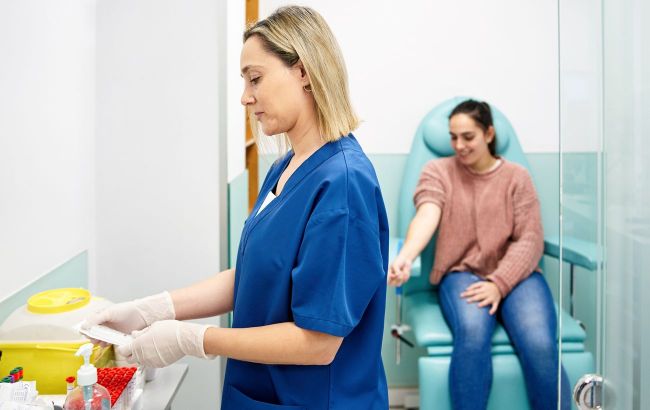Geneticist reveals how to find out your real biological age
 How to measure your biological age (photo: Getty Images)
How to measure your biological age (photo: Getty Images)
A person's biological age does not always coincide with their passport age, but only scientific laboratories are able to accurately measure it today, and with errors, says Oleksandr Koliada, candidate of biological sciences and geneticist-gerontologist.
What is biological age, and why is it used?
In gerontology, there is a concept of biological age - an attempt to assess the state of the human body more accurately than by passport years.
According to Koliada, this concept arose as an alternative to chronological age in order to better predict the rate of aging and health risks.
The idea is that human cells can function better or worse than the average level at a certain age. For example, at 30 years old, the body can look like 25 or 40.
How to accurately determine biological age
According to Koliada, there is no universal method for measuring biological age. For decades, scientists have used different approaches: physical tests, blood tests, and now molecular diagnostics.
"We need to understand that all these tests are flawed in some way. There is no perfect test. In medicine, many tests do not perform the final function of diagnosing something. They are an argument in favor of one or another hypothesis," the expert notes.
According to the scientist, biological age can be estimated even by visual acuity or the number of gray hairs, but all these signs are inaccurate.
At the same time, laboratory tests can be misleading.
"If you go to the laboratory to take certain tests, this may be a somewhat erroneous idea. They are more medical, and measuring biological age is still the realm of scientific research now," explains Koliada.
Most accurate method
"The most modern way to measure biological age is to measure epigenetic age, that is, epigenetic marks on the DNA molecule," says the scientist.
This is the development of one of the scientists from the University of California.
"There are tags on our DNA that are very strongly correlated with biological age and with most diseases. If you read the tags correctly, and there are about 300 of them, you can see quite accurately what we mean by biological age," explains Koliada.
You may also be interested in who needs to take additional iodine, and how not to harm your health.
This material is for informational purposes only and should not be used for medical diagnosis or self-treatment. Our goal is to provide readers with accurate information about symptoms, causes, and methods of detecting diseases. RBС-Ukraine is not responsible for any diagnoses that readers may make based on materials from the resource. We do not recommend self-treatment and advise consulting a doctor in case of any health concerns.

